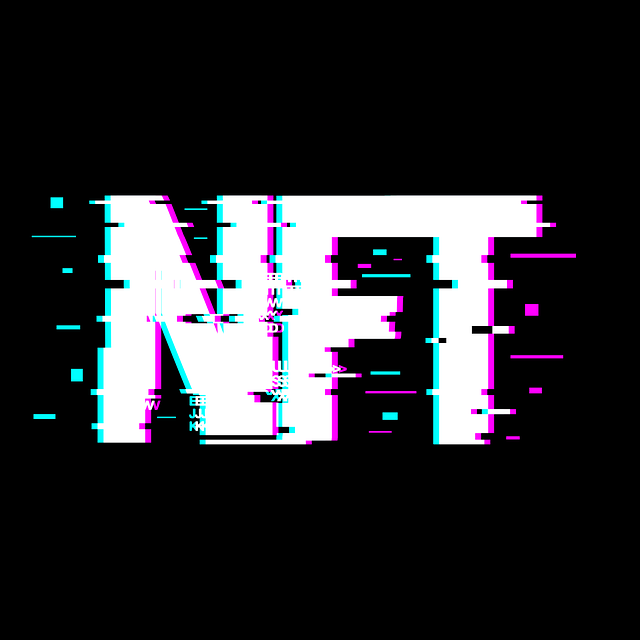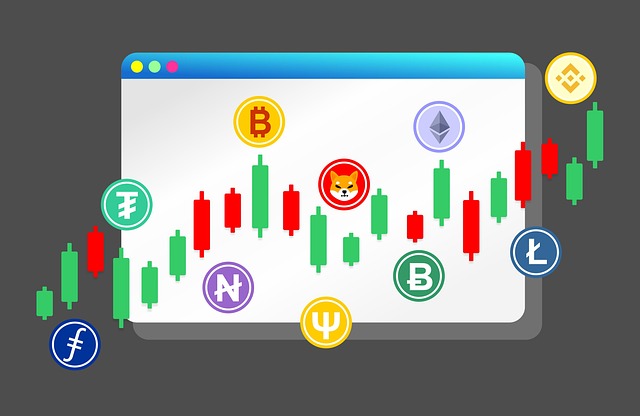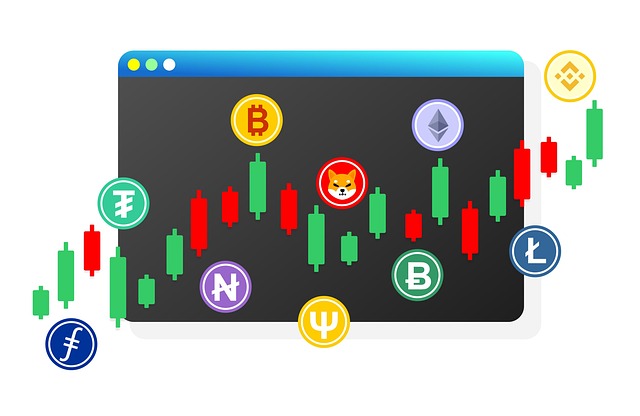Is Coinbase Good to Buy Crypto? An In-Depth Analysis
Author: Jameson Richman Expert
Published On: 2025-09-10
Prepared by Jameson Richman and our team of experts with over a decade of experience in cryptocurrency and digital asset analysis. Learn more about us.
When evaluating whether Coinbase is a suitable platform for purchasing cryptocurrencies, it’s essential to take a holistic view that encompasses security protocols, user experience, fee structures, asset diversity, regulatory compliance, and additional features. As one of the most prominent names in the industry, Coinbase’s reputation has been built over years of operating in a highly regulated environment, which influences its reliability and trustworthiness. My personal journey with Coinbase, coupled with extensive market research and analysis of industry trends, enables me to provide a comprehensive understanding of its strengths and limitations. This article aims to deliver an in-depth examination to aid you in determining if Coinbase aligns with your investment objectives, trading style, and security requirements.

Historical Background and Market Position
Founded in 2012 by Brian Armstrong and Fred Ehrsam, Coinbase is often regarded as a pioneer that helped shape the modern cryptocurrency exchange landscape. Its early entry into the market provided significant advantages, including establishing a robust infrastructure, fostering regulatory relationships, and building brand recognition. Over the years, Coinbase has transitioned from a simple buy/sell platform into a comprehensive financial ecosystem. Today, it offers custodial services, staking, educational resources, OTC trading, and institutional solutions. Its commitment to compliance—such as AML (Anti-Money Laundering), KYC (Know Your Customer), and strong data privacy policies—has been pivotal in gaining trust from mainstream users and regulators alike.
The 2021 direct public listing on NASDAQ (ticker: COIN) marked a pivotal milestone, signaling the mainstream acceptance of cryptocurrencies and elevating Coinbase’s profile as a legitimate financial entity. This move enhanced transparency through public financial disclosures and reflected its strategic evolution toward a diversified, regulated financial services provider. Its consistent operational history, even amidst market downturns and regulatory scrutiny, underscores its resilience and adaptability in a volatile industry.
User Interface and Accessibility
Coinbase’s user interface is designed with simplicity and accessibility at its core, making it particularly appealing to new entrants. The platform features a clean, minimalistic layout with intuitive navigation that guides users effortlessly through buying, selling, and managing assets. Interactive real-time charts, straightforward order types (market, limit, stop), and clear transaction histories help demystify trading processes. The mobile app, compatible with iOS and Android, faithfully replicates this user-friendly experience, providing functionalities like live market updates, instant notifications, and seamless transaction execution.
Additionally, Coinbase emphasizes educational content—tutorials, blog articles, videos, and in-app tips—that reduce the learning curve for beginners. Its "Learn" section offers detailed explanations of assets, blockchain concepts, and trading strategies, empowering users to make informed decisions. This focus on education is a key differentiator, especially valuable for those new to the crypto space who may find technical jargon and market volatility intimidating.
Security Measures and Trustworthiness
Security is a cornerstone of Coinbase’s value proposition, especially in a landscape rife with hacks and scams. Coinbase invests heavily in advanced security infrastructure, employing multiple layers of protection including two-factor authentication (2FA), biometric verification, SSL encryption, and multi-signature wallets for user accounts. A significant portion of user funds—up to 98%—is stored in cold storage, offline wallets that are disconnected from the internet, thus minimizing exposure to hacking threats.
Furthermore, Coinbase maintains insurance policies covering digital assets held on its platform up to specified limits, offering an additional layer of protection against theft or platform failure. Regular third-party security audits, compliance checks, and strict KYC procedures bolster its reputation as a trustworthy and compliant entity. Nonetheless, users are advised to adopt best security practices: enabling hardware wallets for long-term holdings, maintaining strong, unique passwords, and remaining vigilant against phishing schemes. The platform’s transparency, audit reports, and compliance record make it a preferred choice for institutional clients and cautious retail investors.

Fee Structure and Cost Efficiency
Fee structures can significantly influence trading profitability and overall user satisfaction. Coinbase charges a combination of spread markup—generally around 0.5%—and transaction fees that vary based on payment method, transaction size, and geographic location. For example, credit card purchases incur higher fees (often around 3-4%) compared to ACH bank transfers (typically 1.5% or less). This fee model, while straightforward, can become costly for frequent traders or those executing large volumes.
To address this, Coinbase offers Coinbase Pro, a more advanced trading platform designed for high-volume and active traders. Coinbase Pro features tiered fee schedules as low as 0.04% for maker orders and 0.06% for taker orders. It provides advanced charting tools, limit and stop orders, and real-time market data—valuable features for professional traders. Transitioning from Coinbase to Coinbase Pro often results in substantial cost savings, though it requires familiarity with more complex trading interfaces.
While fees have become more transparent, users should always review the latest fee schedules directly on Coinbase’s official site. If minimizing trading costs is a priority, alternatives such as Binance, Kraken, or Bitstamp—which often have lower fee structures—may be more suitable, though often at the expense of regulatory oversight or ease of use.
Range of Cryptocurrencies and Trading Options
Coinbase supports a diverse portfolio of cryptocurrencies, including prominent assets like Bitcoin (BTC), Ethereum (ETH), Litecoin (LTC), and a curated selection of altcoins and tokens emerging in DeFi, NFTs, and stablecoins. The platform’s asset offerings are regularly expanded based on market demand and regulatory considerations, ensuring users have access to both mainstream and innovative tokens.
Beyond basic buying and selling, Coinbase’s trading suite includes limit orders, recurring buys, and dollar-cost averaging tools designed to smooth out market volatility. Notably, Coinbase supports staking for select assets such as ETH, ADA, Tezos, and others, enabling users to earn passive income by participating in blockchain validation processes.
However, advanced traders seeking derivatives, margin trading, futures, or leveraged positions may find Coinbase’s offerings limited. Platforms like Binance Futures, FTX, or Bybit cater to high-leverage and complex derivatives trading but often lack the same stringent regulatory oversight, which is a key consideration for institutional and risk-averse retail traders.
Regulatory Compliance and Legal Protections
One of Coinbase’s standout features is its unwavering commitment to regulatory compliance, especially within the United States. The platform operates under licenses in multiple jurisdictions and is registered with authorities such as FinCEN. Its adherence to AML and KYC standards ensures all user identities are verified, making it less susceptible to facilitating illicit activities.
Coinbase’s custodial services are insured up to certain limits, providing legal protections against theft or insolvency—an essential feature that differentiates it from less regulated exchanges. This compliance-centric approach also fosters trust among institutional investors and mainstream users, aligning with regulatory developments and easing integration into traditional finance ecosystems.
Internationally, Coinbase must adhere to local laws, which can restrict certain assets or services in specific regions. Users should verify service availability and legal considerations in their jurisdiction to avoid compliance issues.

Additional Features and Services
Coinbase has diversified into a broad ecosystem that extends beyond simple trading:
- Staking: Earn rewards on select assets like ETH, ADA, Tezos, and others, leveraging Coinbase’s secure staking infrastructure.
- Coinbase Wallet: A self-custody digital wallet that enables users to hold private keys, interact with decentralized applications (dApps), and participate in Web3 activities outside of Coinbase’s custodial environment.
- Coinbase Card: A crypto-enabled debit card that allows spending of crypto assets in everyday transactions, with features like cashback rewards and instant currency conversion.
- Educational Resources: Extensive tutorials, webinars, research reports, and market insights that promote financial literacy and strategic investing.
- Institutional Solutions: Custody, OTC desk, API integrations, and tailored financial services designed for hedge funds, family offices, and professional traders.
This ecosystem approach makes Coinbase not just a trading platform but a comprehensive gateway into the broader crypto economy, suitable for different levels of investor engagement and sophistication.
Alternatives and When to Consider Them
While Coinbase offers a secure, user-friendly platform with regulatory compliance, it may not meet the needs of all traders—particularly those prioritizing low costs or advanced trading features. Here are some alternatives to consider:
- Binance: Over 600 cryptocurrencies, ultra-low trading fees (as low as 0.02%), and advanced trading options like futures, options, and margin trading. Ideal for active traders and those seeking diversification. Registration: https://accounts.binance.info/en/register?ref=12093552
- Kraken: Recognized for security, margin trading, staking, and futures, with competitive fees and a global presence. Suitable for traders who value reliability and comprehensive features. Registration: https://r.kraken.com/c/2223866/687155/13303
- Bitget: Focused on derivatives, copy trading, and leveraged products, with user-friendly interface. Good for traders interested in high leverage and social trading strategies. Registration: https://www.bitget.com/referral/register?clacCode=WSVEGD6H
- Bybit: Popular for margin and derivatives trading with high leverage options, catering to more advanced traders. Registration: https://www.bybit.com/invite?ref=Q8QKORN
Choosing the right platform depends on your trading frequency, asset preferences, risk tolerance, and desire for cost efficiency or advanced features. Diversifying across multiple venues can mitigate platform-specific risks and broaden access to innovative trading instruments.
Risks and Best Practices
Cryptocurrency trading involves inherent risks: extreme volatility, potential loss of capital, regulatory uncertainties, and security threats. High leverage amplifies these risks, making discipline and risk management essential. Start with small investments, diversify holdings, and avoid over-leveraging. Use hardware wallets for long-term storage, enable multi-factor authentication, and stay vigilant about phishing and scams. Regularly update security credentials and monitor account activity. Employ stop-loss orders and maintain a well-defined trading plan to manage downside risk. Continuous education, prudent risk controls, and diversification form the backbone of sustainable investing in crypto assets.

Community Engagement and Resources
Active participation in online communities offers real-time insights and peer support. Subreddits like r/CryptoCurrency, Telegram groups, and Discord channels facilitate sharing market sentiment, news, and technical analysis. Additionally, utilizing tools such as charting platforms (TradingView), trading bots, and automation can improve execution efficiency. Staying informed through reputable news outlets—CoinDesk, The Block, and CoinTelegraph—helps adapt to rapid market changes and regulatory updates. Continuous learning and community engagement are vital for refining strategies and managing the dynamic nature of the crypto markets.
Conclusion: Is Coinbase the Right Choice?
Ultimately, whether Coinbase suits your investment needs hinges on your experience level, risk appetite, and priorities like security, cost, and ease of use. For beginners and investors seeking a regulated, secure, and user-friendly environment, Coinbase offers a solid foundation with strong compliance, transparency, and educational support. Its ecosystem features—including staking, self-custody wallet, and crypto card—add versatility for various investor profiles. Conversely, traders requiring lower costs and advanced tools may consider alternatives like Binance or Kraken, albeit with less emphasis on regulatory oversight.
The key to successful crypto investing lies in thorough research, disciplined risk management, diversification, and continuous education. Never invest more than you can afford to lose, stay current with regulatory developments, and employ best security practices. With patience, informed decision-making, and prudent platform selection, Coinbase can serve as a reliable gateway into the crypto universe, fostering long-term growth and learning. Happy trading!